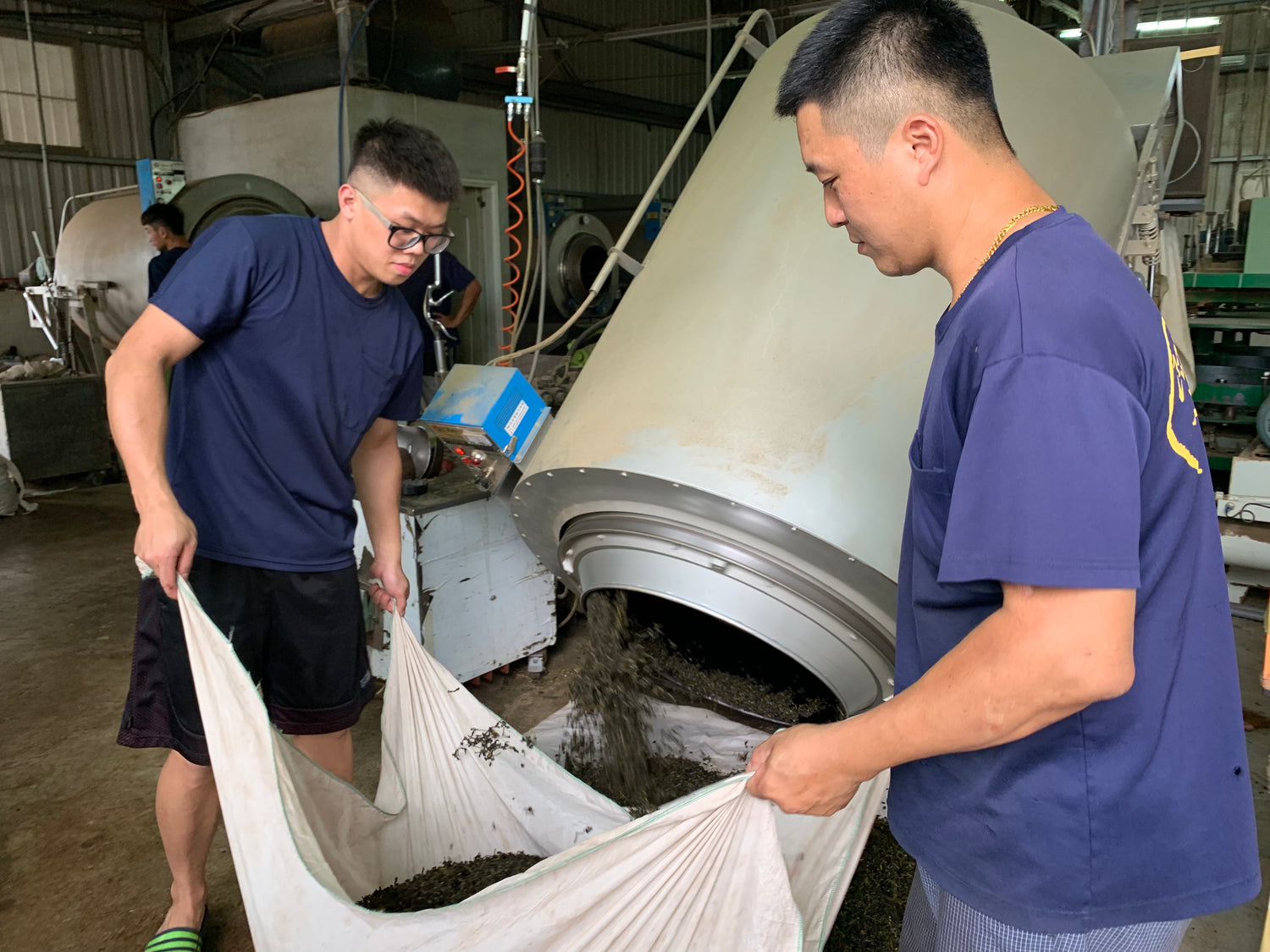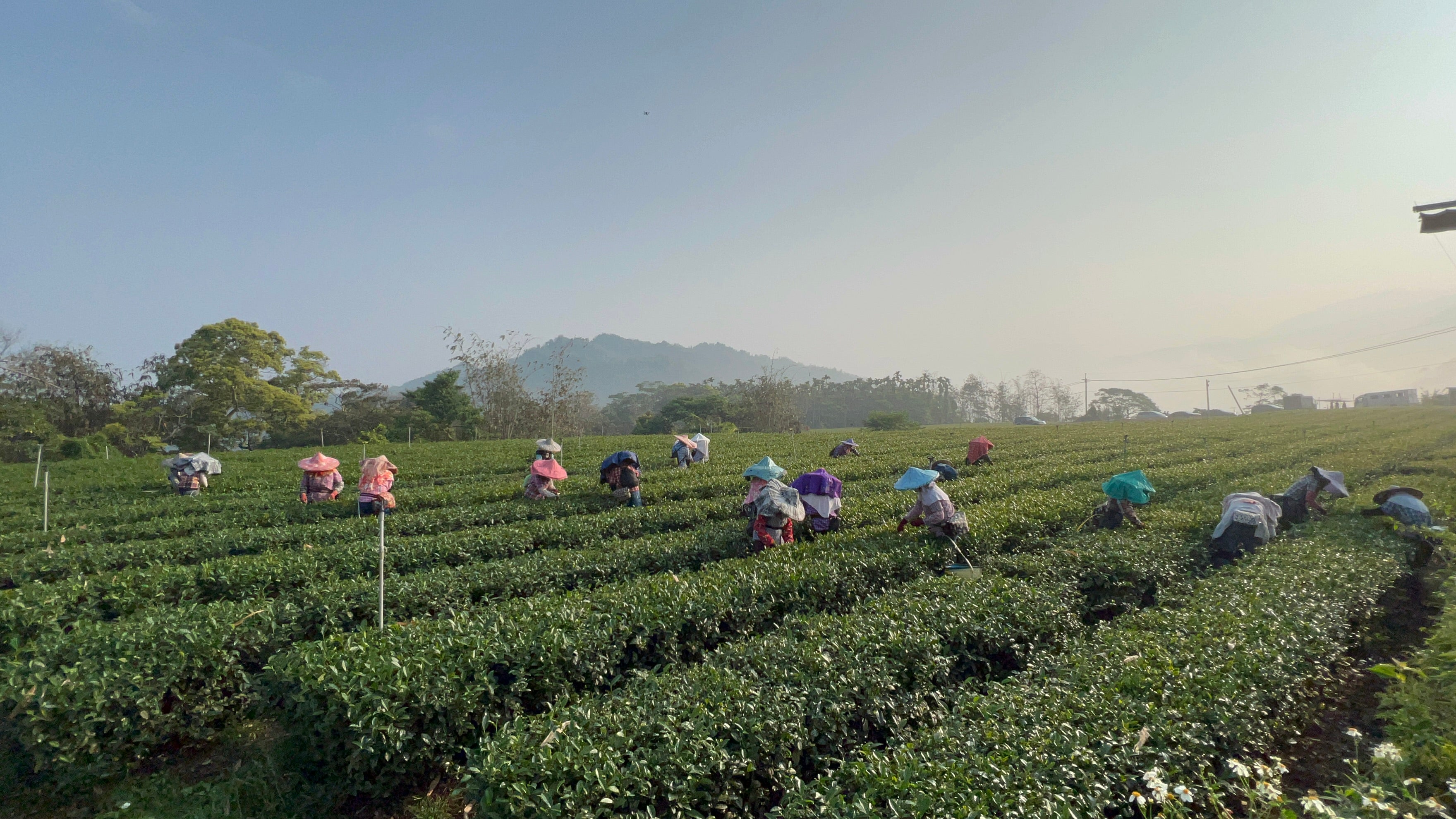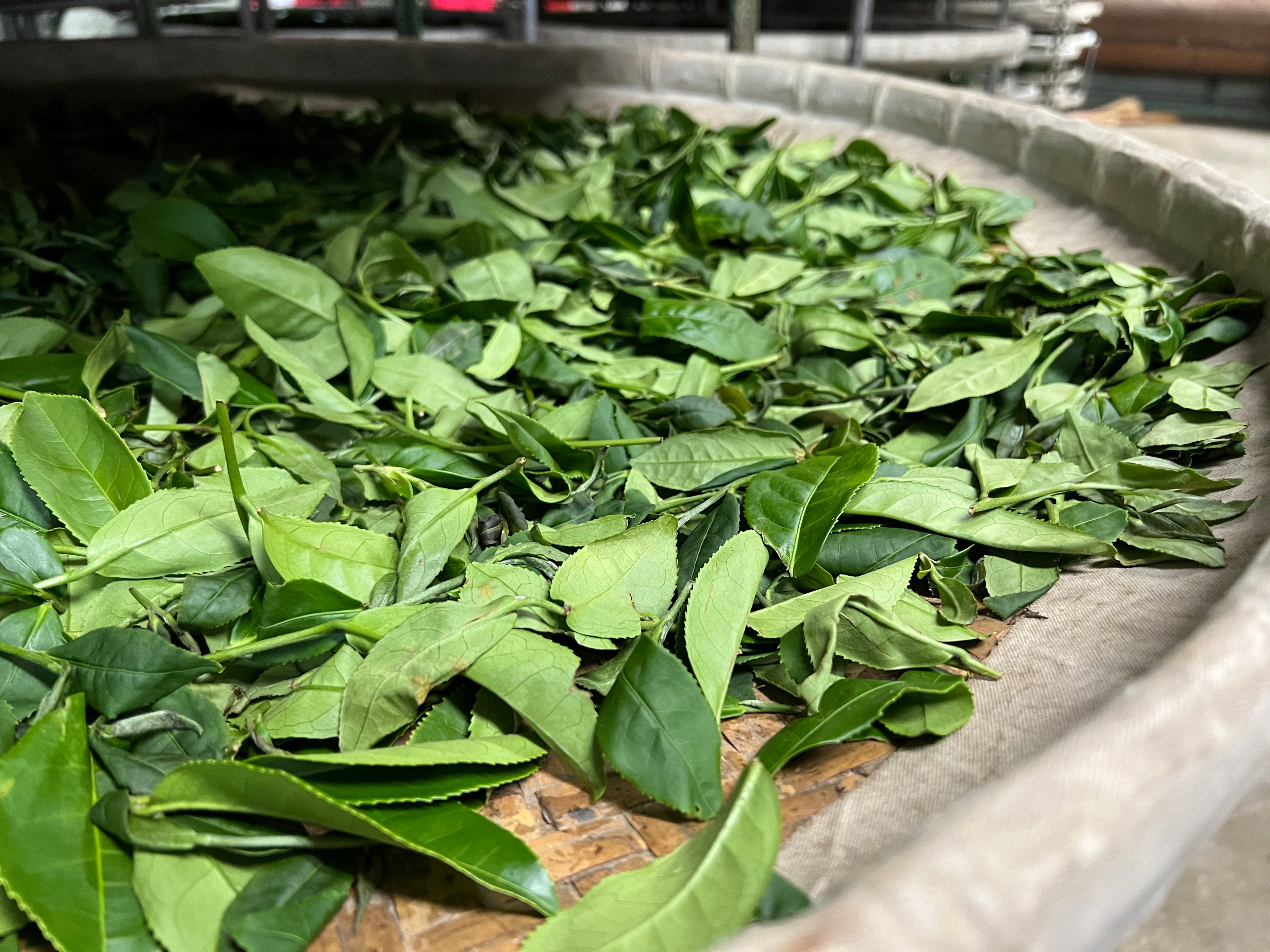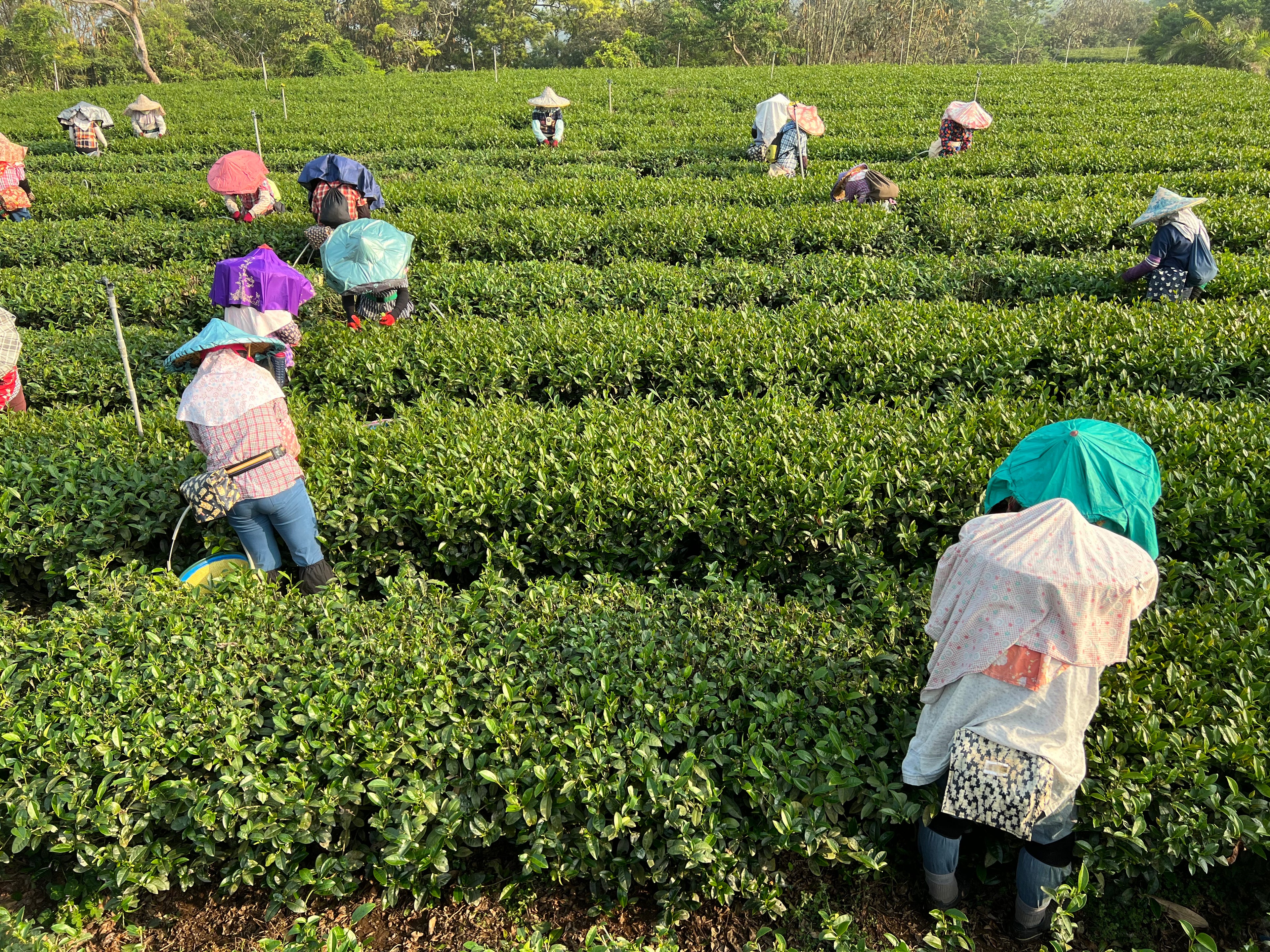
Teafarm in Nan Tou, Taiwan
The path to sustainable tea plantation management reflects his profound respect for insects and dedication to conserving an ecologically diverse environment for the forthcoming generations. Embracing the belief that "weeds are my crops, and the tea plantation is the home of insects," the tea artist has charted his course in advocating for biodiversity and showcasing the distinctive attributes of low-altitude tea leaves.
Tea from Nan Tou, Taiwan
-
Example product title
Regular price €19,99 EURRegular priceUnit price per -
Example product title
Regular price €19,99 EURRegular priceUnit price per -
Example product title
Regular price €19,99 EURRegular priceUnit price per -
Example product title
Regular price €19,99 EURRegular priceUnit price per
The tea artist has chosen to eschew chemical pesticides, instead turning to environmentally friendly options such as chili water, wood vinegar, and Bacillus subtilis for pest control.
As time passed, the tea artist came to realize the significance of allowing natural biological antagonism to manage pest populations, a choice influenced by his childhood and his commitment to preserving a natural habitat for insects. His dedication to organic methods not only ensures the sustainability of his tea estate but also enriches the quality and intricacy of his tea products. By avoiding chemical interventions, he enables tea trees to naturally combat pest challenges, resulting in teas with heightened fragrance and taste.
Positioned in Songbailin, at the southern outskirts of the Bagua Mountains, his tea plantation benefits from its altitude of around 300 meters, perfect for growing varieties like Four Seasons Spring, Jinxuan, and Cuiyu. This geographical advantage, combined with the tea artist's innovative tea cultivation approach, yields teas with diverse flavors and profiles, from the subtle notes of Four Seasons Spring to the bold essence of black teas crafted through precise oxidation and roasting techniques.
In essence, his management of the plantation symbolizes the harmonious coexistence of agriculture and nature, projecting a vision of sustainable farming for future generations.






